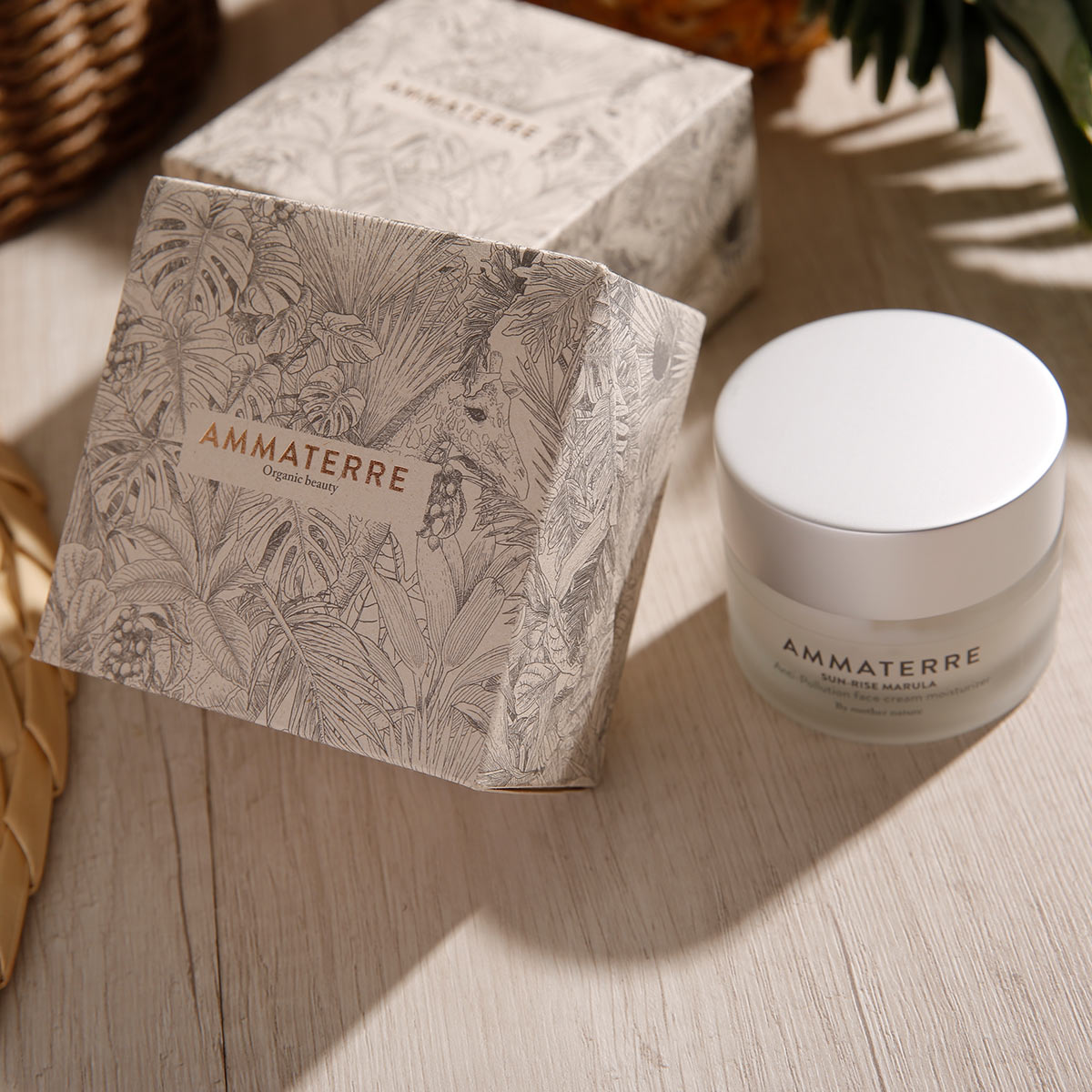
If before the pandemic we spent too much time glued to our phones, computers and televisions, you can imagine now! Our computers, phones, tablets, and televisions are all sources of blue light, and now that we are more tied to those devices, we should be more concerned with our skin.
"There has been a lot of talk about the effects of blue light emitted by phones, laptops, and televisions, but most of the blue light exposure comes from the sun, even though everyone is constantly plugged into a screen these days. "says Birmingham dermatologist Corey Hartman.
“The reason why blue light receives so much attention is that it is the most energetic visible light and therefore can produce the most biological effects on organs exposed to the sun and other light sources, which are primarily the skin and the eyes, ”added Hartman.
Although the skin effects of blue light are not yet fully understood, light is a major health concern due to its other risks. This damages the retina and reduces the release of melatonin, so it interrupts your sleep cycle, among other consequences such as hyperpigmentation.
Greater exposure to blue light can lead to premature aging of the skin: “Blue light can cause inflammation and free radical production, which can result in sun damage, wrinkles, age spots, sagging skin and even cancer of the skin. skin. Small studies show that blue light from the sun contributes to melasma, but it is not yet known if blue light from phones does too, ”adds Dr. Hartman.
Take control! If you suspect that you are spending too much time in front of a screen, it is probably true. And you can check it with the Screen Time and Digital Wellbeing tools on iPhone and Android devices, which you find in their settings. There you will see the total amount of time you have been using the phone and you can also set time limits for applications and for periods of inactivity.
Also your skincare routine plays an important role against sunlight. Vitamin C directly enters damaged cells, and if a person has any oxidative damage, vitamin C or another antioxidant definitely helps. We recommend you look for facial creams that contain repairing and regenerating ingredients, in addition to eating a diet rich in antioxidants and good hydration.


